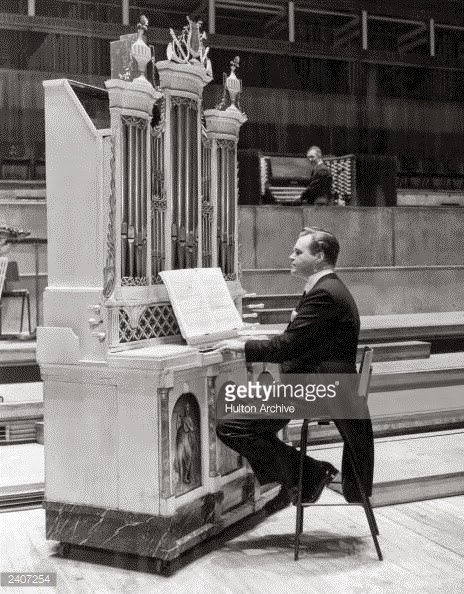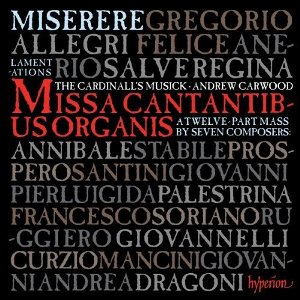Icons: Robert Thurston Dart
Edward Breen pays tribute to an early music pioneer - a highly regarded musician, recording artist, musicologist and lecturer who left a legacy that we are still enjoying today.
(Gramophone, May 2015)
(Gramophone, May 2015)
Robert Thurston Dart (1921-1971) was one of the great autodidacts of
the twentieth century. In the days when opportunities for performance or study
of pre-Classical music were rare, he—like so many pioneers—travelled his own idiosyncratic
route.
A choirboy
at the Chapel Royal, Hampton Court, Dart caught the attention of the
redoubtable Edmund H. Fellowes, arguably the leading expert on early English
choral music of his time. In the 1930s he sang for children’s hour broadcasts and
later studied with Arnold Goldsborough at the Royal College of Music before reading
Mathematics at Exeter University. In 1942 he was called to wartime service with
the RAF where, post D-day, he survived crash-landing in a mined field outside
Calais. Recuperating in hospital he met the young violinist, Neville Marriner,
and one of the key musical partnerships of the early music revival was ignited.
Dart left the army on the understanding that he would pursue postgraduate
statistical research at Cambridge University but instead travelled to Belgium
to study with the Flemmish musicologist Charles van den Boren. Returning to
England with a dazzling keyboard technique and keen research acumen he worked
at Cambridge University when he was appointed a Professor in 1962.
For the full text of this article please visit http://www.gramophone.co.uk/



Comments
Post a Comment